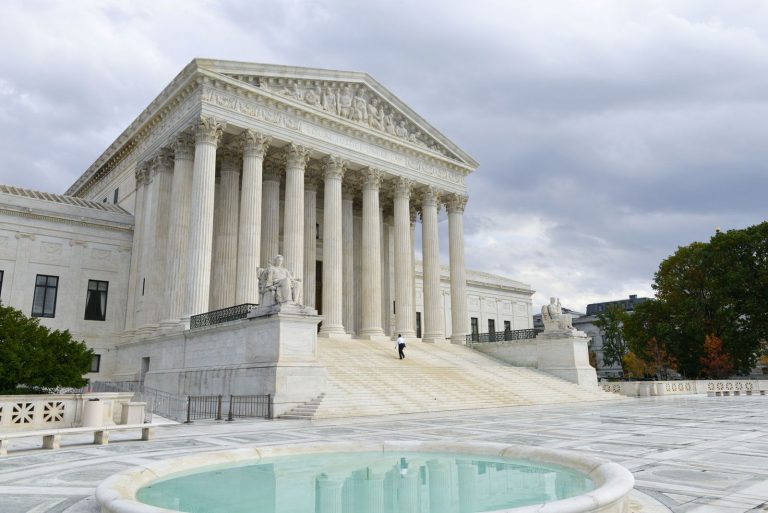The U.S. House of Representatives recently approved a landmark federal law aimed at tackling the alarming rise of nonconsensual sexually explicit deepfake content. This legislation garnered strong bipartisan support, reflecting a rare moment of unity around addressing a pressing digital threat.
Deepfakes are AI-generated videos or images that can realistically depict individuals in scenes they never participated in, often of an explicit nature. These fabricated images and videos can cause serious harm, damaging reputations and causing emotional distress to victims ranging from private citizens to public figures.
The new law makes it a federal crime to knowingly create or distribute sexually explicit deepfake content without the consent of the person depicted. It specifically targets synthetic imagery created to deceive or harm, distinguishing this harmful use from legitimate free speech such as satire or parody.
Beyond criminalizing the creation and sharing of such content, the law requires online platforms to establish clear procedures for quickly removing flagged deepfake material. Platforms that fail to comply with takedown requests within a defined timeframe may face civil liability. This move places a legal responsibility on digital platforms to actively protect users’ privacy and dignity.
Victims of deepfake abuse are also empowered with stronger legal tools, allowing them to sue content creators, uploaders, or platforms that do not take proper action. The legislation includes provisions for victims to seek compensatory and punitive damages, as well as emergency injunctions to prevent further spread of harmful content.
The law also includes enhanced protections for minors. Content involving children is subject to stricter penalties, and platforms are mandated to report any suspected child-related violations to law enforcement promptly. This addition underscores a commitment to protecting the most vulnerable from digital exploitation.
Supporters of the law highlight that it fills critical gaps in existing revenge porn legislation, which primarily addresses real images but often fails to cover AI-generated synthetic content. By focusing on nonconsensual deepfake pornography, the law responds to a modern challenge brought about by advances in artificial intelligence technology.
Legal experts generally agree that the law balances privacy protections with free speech concerns. It carefully excludes protected speech such as political satire, parody, and educational use of deepfake technology, aiming only at intentional harms. This narrow scope is intended to withstand constitutional scrutiny while effectively protecting individuals.
Despite widespread praise, some challenges remain. Smaller platforms express concern about the financial and technical burden of complying with the law’s requirements, particularly in developing detection and takedown systems. Privacy advocates warn about potential misuse of takedown procedures to silence lawful speech, emphasizing the need for transparency and oversight.
The legislation marks a significant moment in digital policy by sending a clear message that new technologies must not be weaponized to violate privacy and dignity. It represents an important step in addressing the darker side of AI and ensuring that victims have legal avenues to fight back.
As the law goes into effect, platforms will need to implement compliance mechanisms, and enforcement authorities will have to keep pace with evolving AI techniques. Success will depend on continued collaboration among lawmakers, technology companies, civil rights advocates, and the public.
Ultimately, this law sets a precedent for how governments can regulate emerging digital threats with a focus on protecting human rights. It encourages responsible innovation while affirming that dignity and privacy remain fundamental, even in a rapidly changing technological landscape.
This new legislation offers hope that the harms caused by deepfake abuse can be curtailed, providing victims with meaningful protection and signaling that the digital future must uphold core values of respect and safety.

Sarah Mitchell is a bestselling novelist recognized for her insightful and emotionally resonant stories that explore the complexities of human relationships. Originally from Denver, Colorado, Sarah grew up in a family of teachers who nurtured her curiosity and love for storytelling. She studied psychology at Stanford University, where she became fascinated by the intricacies of human behavior—an interest that would later shape her writing career. Sarah’s novels are praised for their nuanced characters, intricate plots, and ability to capture the subtle tensions that define love, friendship, and family ties. Her breakthrough novel, The Spaces Between Us, became an instant bestseller, lauded for its honest portrayal of strained family relationships and the fragile bonds that hold people together. Since then, she has published several works that continue to captivate audiences around the world. Outside of her writing career, Sarah is passionate about mental health advocacy and often partners with organizations to promote awareness and support for those struggling with emotional well-being. Her personal life is quieter—she enjoys hiking in the Colorado mountains, practicing yoga, and spending time with close friends. With each new book, Sarah Mitchell cements her reputation as a writer who illuminates the beauty and struggles of human connection.








